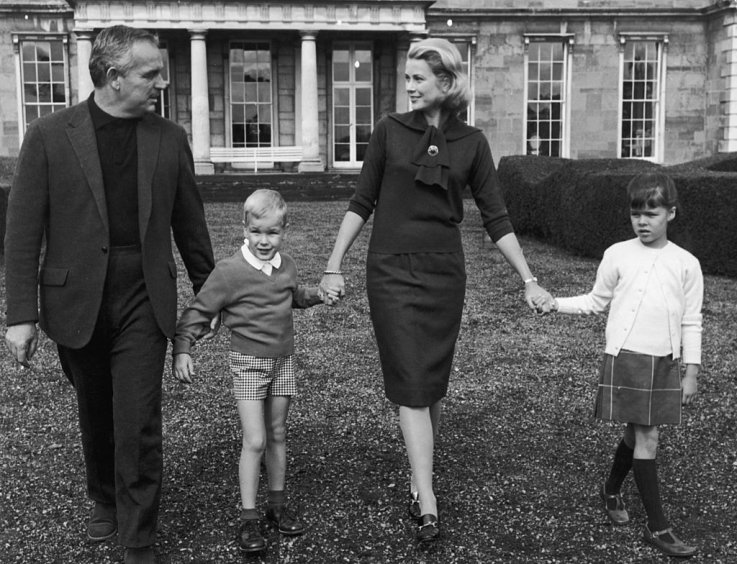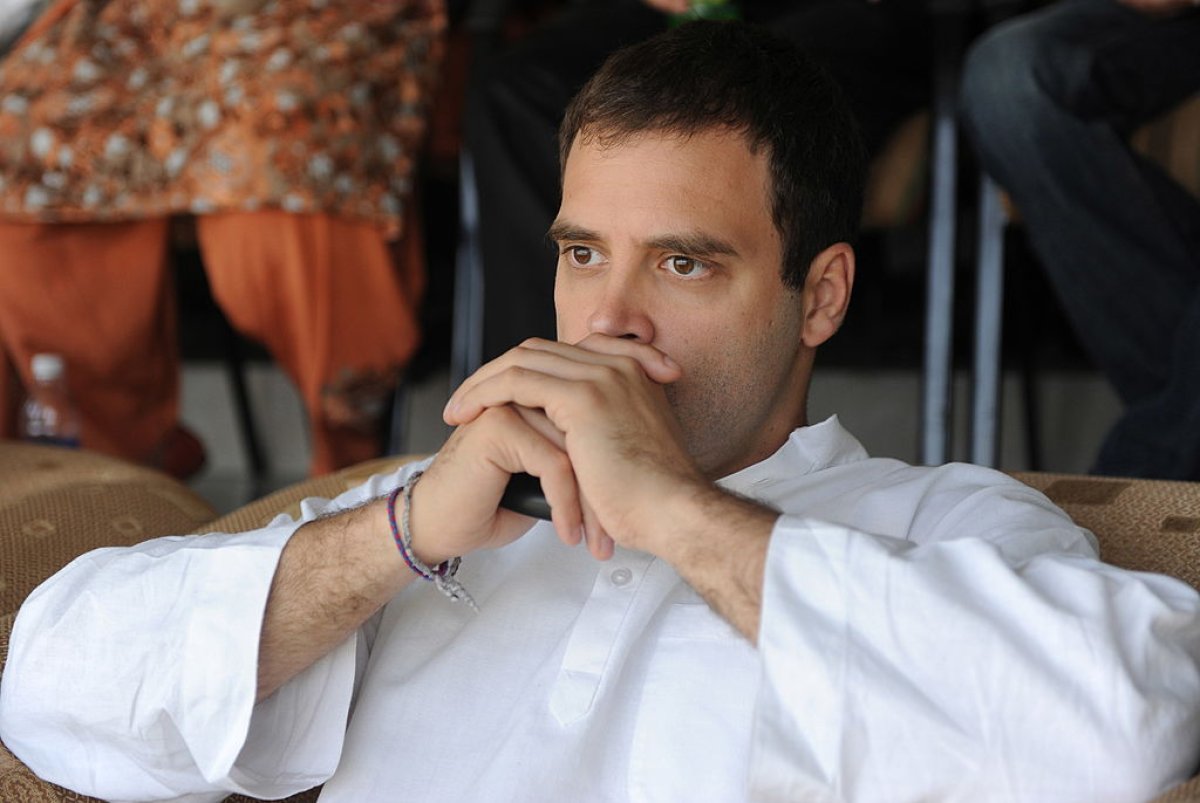Modern-Day Dynasties Still Ruling the World

Pop culture loves a dynastic family, where one family rules for generations. While there are many romantic myths surrounding dynasties, in reality the majority were nepotistic, feudal and often despotic. The newest dynastic darlings of the small screen are the Romanovs—brutally gunned down in 1918 by Bolsheviks in the Russian Revolution. Today, many of the ruling families are constitutional monarchies—which have mainly symbolic roles—and behave better, if only because the public demands it. However, there are still some absolute monarchies around, proving that absolute power can indeed corrupt absolutely.
England
The House of Windsor

Founded 102 years ago when Queen Victoria's son George V took over the throne. Due to high anti-German sentiment during World War I, the family changed their name to Windsor. The constitutional monarchy, currently led by Queen Elizabeth, is mostly symbolic in nature. Royal watchers are glued to gossip rags to see the rivalry between the newest generation duchesses—Meghan Markle and her sister-in-law, Kate Middleton.
Monaco
The House of Grimaldi

Formed in 1160, this constitutional monarchy is headed by His Serene Highness Albert II, who took over from his father, Prince Rainier III in 2005. The family is known mostly in the modern age for their antics: Prince Rainier III famously married the American actress Grace Kelly, who later died in a horrific car crash; their wild daughter Stephanie once ran away to join a circus; and Albert had many public affairs before settling down with his wife, Charlene.
Morocco
Alaouite Dynasty

This dynasty in West Africa has been on the throne since 1631 when Sharif ibn Ali took control of the Tafilalt area. His son, Mulay Al-Rashid was able to unify the entire country. The current ruler, King Mohammed VI, established a parliamentary constitutional monarchy in 2011.
Eswatini (formerly known as Swaziland)
The House of Dlamini

The House of Dlamini has ruled over Swaziland since the 18th century. Its current king, Mswati III, is the last absolute monarch in Africa and has 15 wives. Good friends with Prince Harry of England, Mswati III's lavish lifestyle and poor human rights record has led to international protests.
Japan
The Yamato Dynasty

The oldest continuing hereditary monarchy in the world, the Yamato family has ruled Japan since 660 B.C. and, until the end of World War II, was the wealthiest ruling family in the world. While the emperors of Japan have always been revered in the country, the role of the current emperor is relegated primarily to ceremonial duties. Emperor Naruhito ascended the Chrysanthemum Throne on May 1 after his father abdicated citing health reasons.
Saudi Arabia
House of Saud

This absolute monarchy in the Middle East was created in 1744 by Muhammad bin Saud, the Emirate of Diriyah—the first Saudi State. Today it is nominally headed by King Abdulaziz ibn Saud, who has given most of his duties over to his appointed successor, the Crown Prince Mohammed bin Salman (MbS). The kingdom has come under additional international scrutiny and criticism after the killing of the dissident journalist Jamal Ahmad Khashoggi last year...proving criticism, even abroad, will not be tolerated.
Thailand
House of Chakri

One of the younger dynasties—it has only ruled for 237 years—the House of Chakri is currently ruled by King Maha Vajiralongkorn, who took over in 2016 after the death of his father, Bhumibol Adulyadej. The current king is best known for his many tattoos, his escapades and his multiple marriages—although you wouldn't know that if you lived in Thailand since it is illegal to speak ill of the king.
India
Nehru-Gandhi family

Not all dynasties are monarchies. The Nehru and Gandhi families are the most powerful political clan in the world. Even before Jawarhalal Nehru became the first Prime Minister of an independent India, the Nehru clan had been politically active in politics for hundreds of years. The Gandhi clan (originally Ghandy) joined forces with the Nehrus when Indira Nehru married Feroze Gandhi. Indira later became India's first—and only—female Prime Minister. Her grandson Rahul Gandhi was the president of the Indian National Congress political party until his resignation on July 3.
Canada
The Trudeau Family

A fledgling political dynasty, the current Prime Minister, Justin Trudeau, is the son of a former Prime Minister, Pierre Trudeau (1968–1984). While still popular in his home region of Quebec, his political popularity has plummeted in the last year, so it remains to be seen how long this dynasty will hold.
